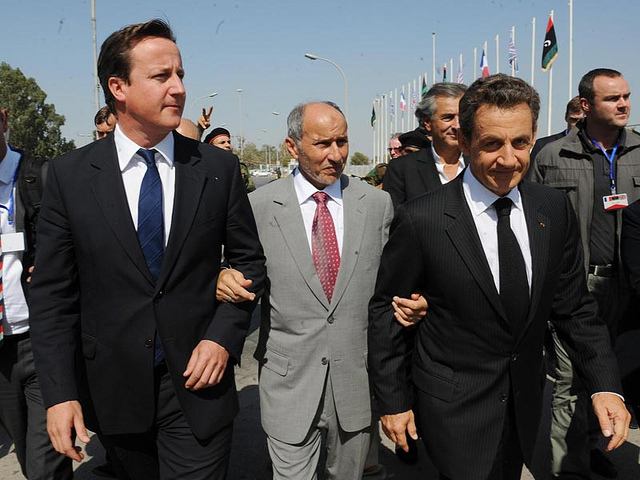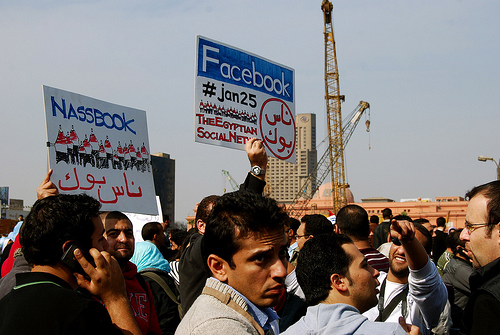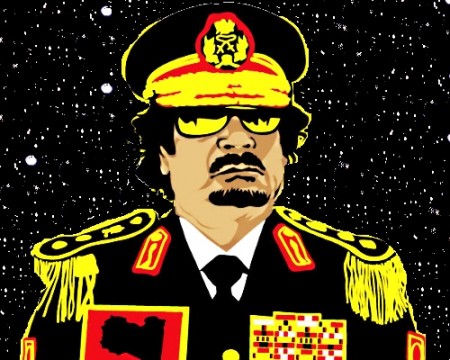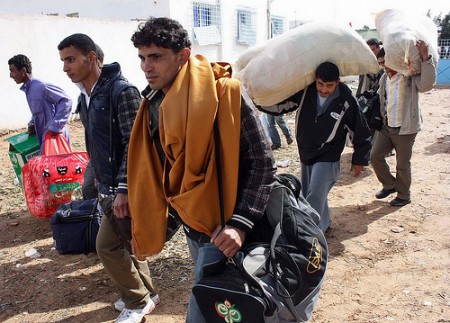
On 15 September, a ‘new Libya‘ was welcomed among the members of the international community: first by Nicolas Sarkozy and David Cameron, who visited Tripoli that day; then by the UN General Assembly, which recognized the Transitional National Council as Libya’s rightful representative the following day. The African Union (AU) reluctantly accepted the new reality on 20 September.
Even though Libya has regained its diplomatic status, it is only starting to rebuild itself. In this context, three main questions emerge: What are the problems the new Libya faces? How should these problems be addressed? And finally, what role should external actors play in rebuilding the country?
In the following paragraphs, I will give an overview of how some of the ISN’s partners have begun to answer these questions.




![500px-Libyan_Uprising-2011-08-03 Libyan Uprising, by Libyan_Uprising.svg: Rafy, en:User:Interchange88 derivative work: War.dog (Libyan_Uprising.svg) [CC0 (creativecommons.org/publicdomain/zero/1.0/deed.en)], via Wikimedia Commons](http://isnblog.ethz.ch/wp-content/uploads/2011/03/500px-Libyan_Uprising-2011-08-03.png)